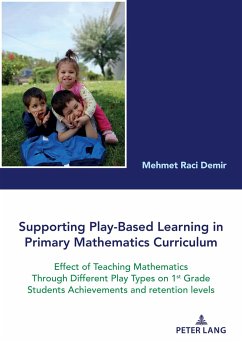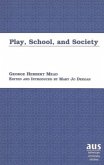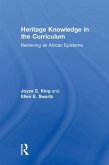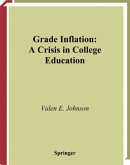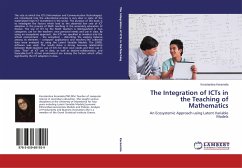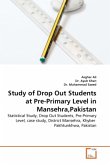Since the elementary school years, the power of the play has been used in cognitive, social, motor, and affective ways to overcome students' anxiety of mathematics. This book examines the effect of play-based learning method on the achievements of 1st-grade students within the scope of 8 different math plays prepared for objectives in the primary mathematics curriculum. Supported by students' views on different math plays, including theoretical reflections on play-based learning and thoughts about methodological, empirical, and experimental approaches as well as analyses of various play studies, the research examines the role of child-centered teaching methods in primary school math curriculum from planning to play evaluation processes. Practical examples of different types of plays in teaching primary mathematics are presented to researchers and classroom teachers.
Bitte wählen Sie Ihr Anliegen aus.
Rechnungen
Retourenschein anfordern
Bestellstatus
Storno

